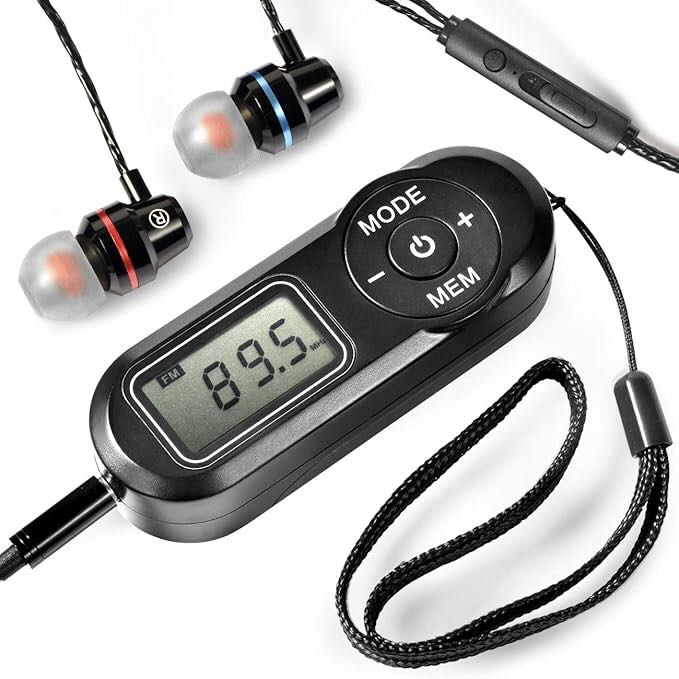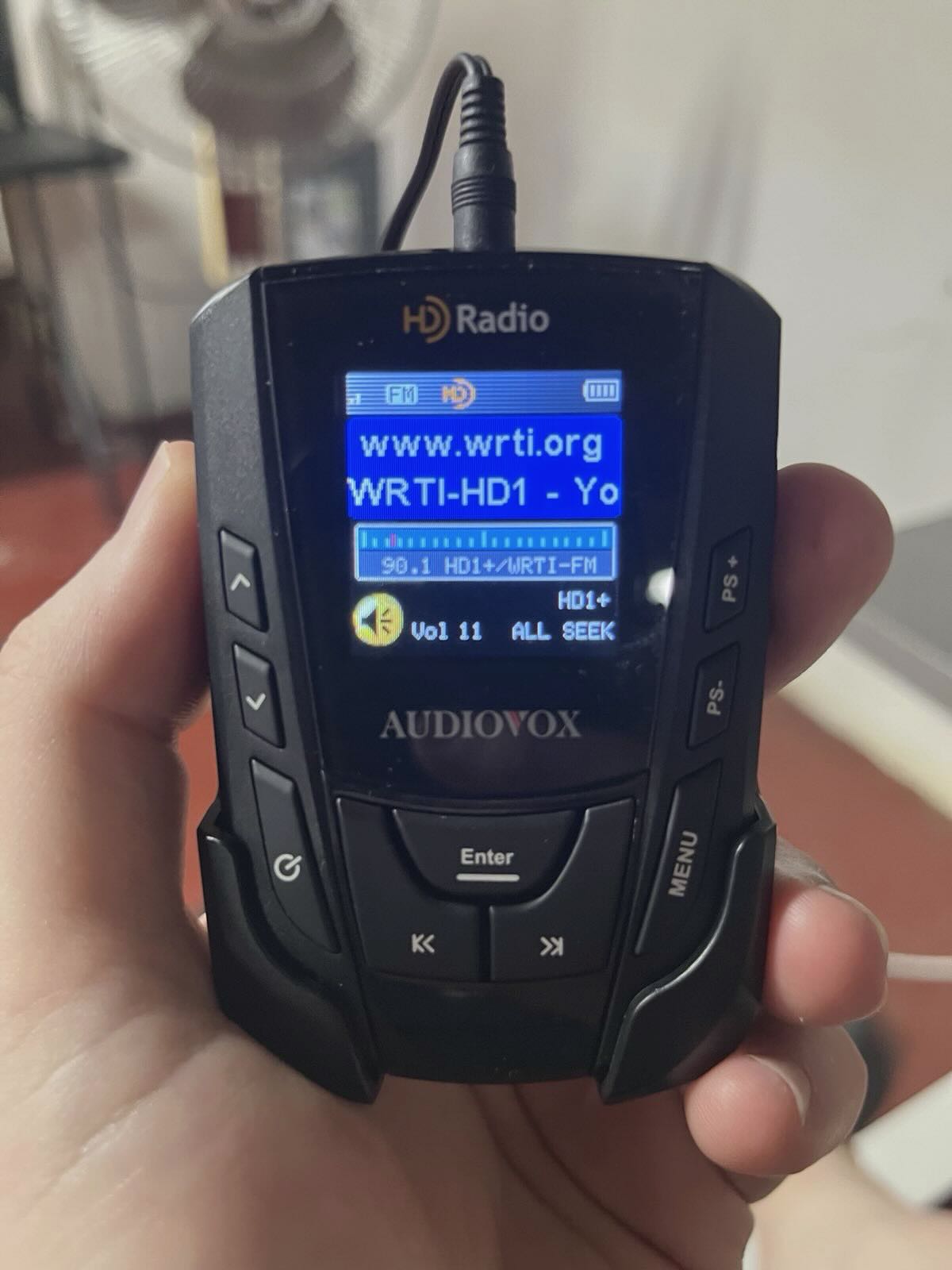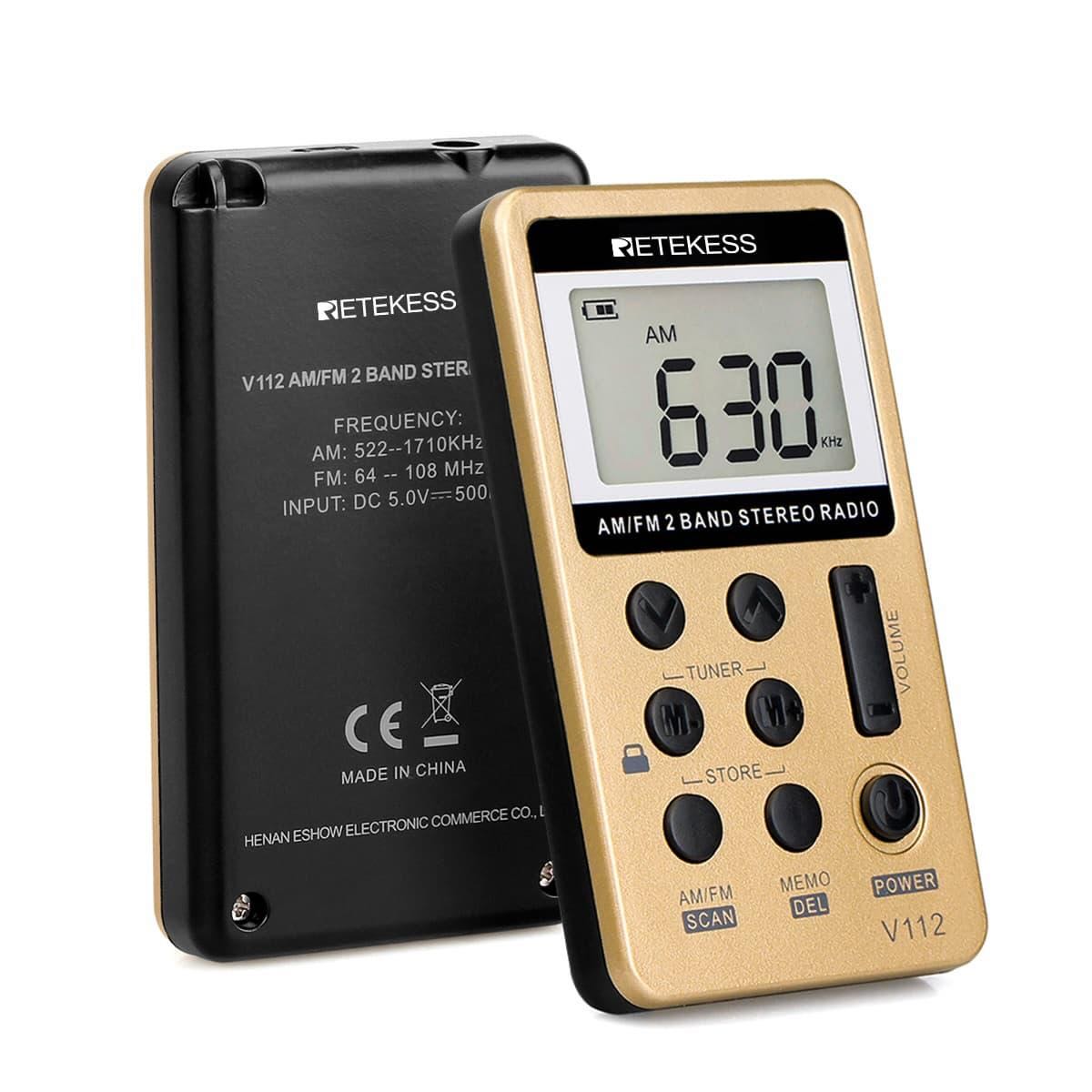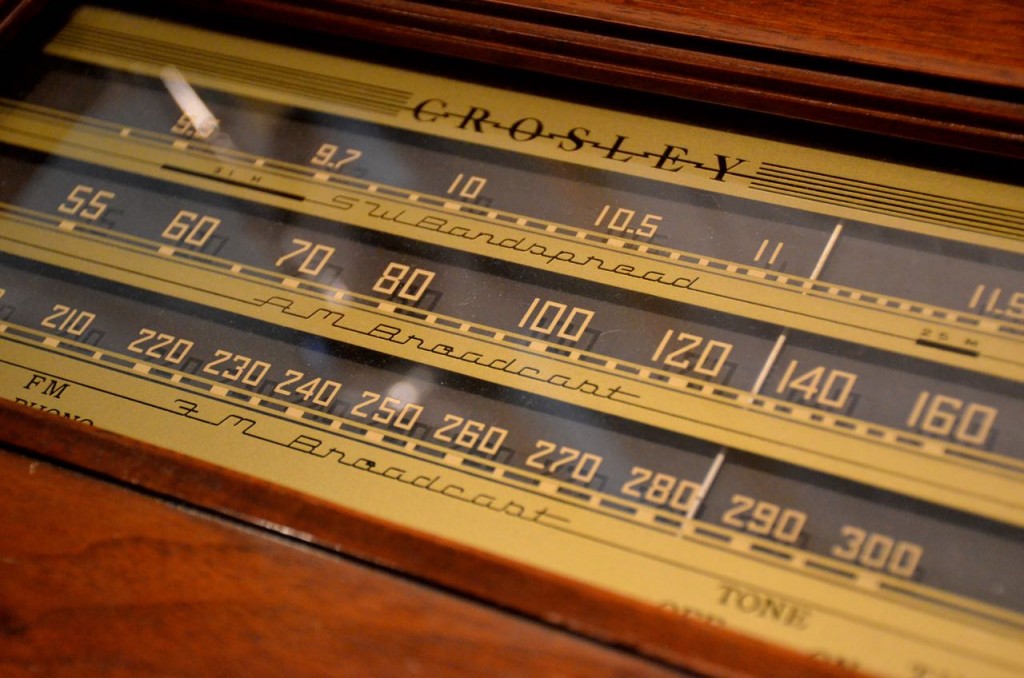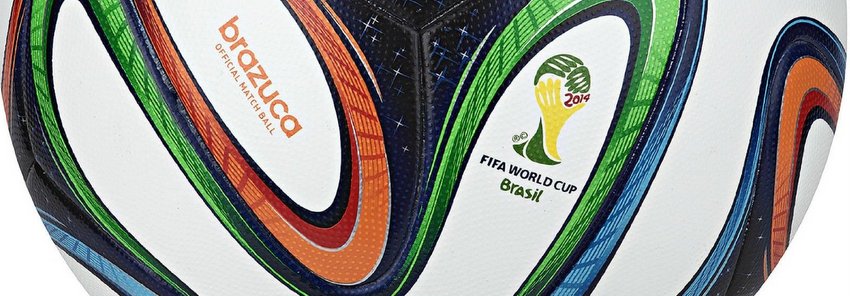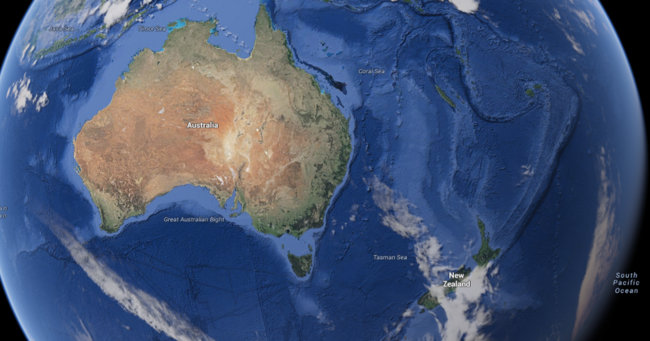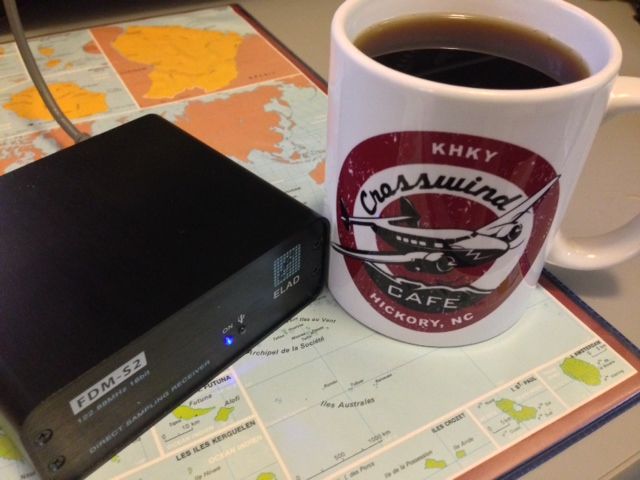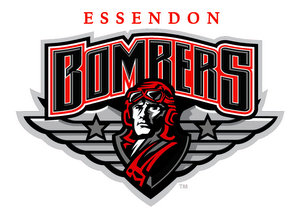Many thanks to SWLing Post contributor, Aaron Kuhn, who shares the following guest post:
Live Baseball on the Radio: Radio Selection Considerations
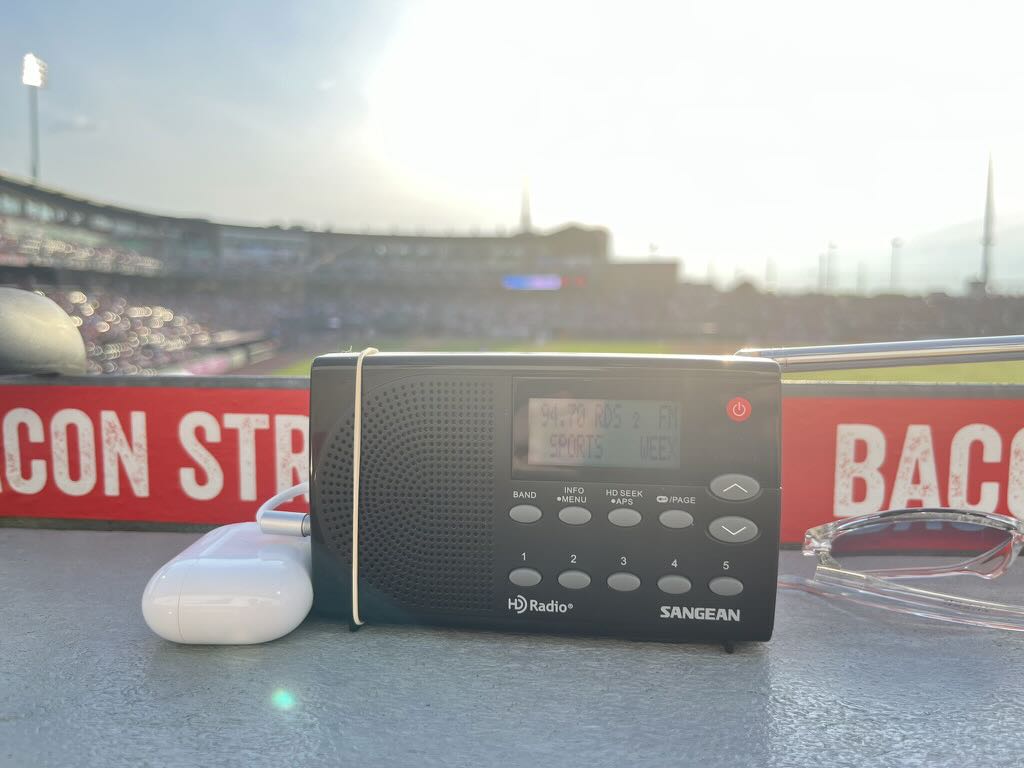
The authors own Sangean Portable + AirPod Pros + a Bluetooth Transmitter rubber banded to the radio back, Coca Cola Park – Allentown, PA
In recent years, I’ve enjoyed attending minor league baseball games in my region. One of my favorite aspects of live baseball is bringing a radio to listen to play-by-play commentary. Experiencing the game in person while hearing the commentary in my ear offers the best of both worlds.
Over the years, I’ve brought various portable and ultra-portable radios to games, and I’ve realized that certain criteria make for a good “Live Baseball Radio.” Whether it’s form factor, size, or features, a live sporting event presents specific considerations and trade-offs for the radio you choose to bring.
“I’ll just stream the game on my phone”
While there are many options for internet streaming on a smartphone, like the free game audio feeds from MiLB.com, streaming game audio on a smartphone is not ideal for live baseball due to one major issue: latency.
Ideally, you want the action you see to match as closely as possible with the play-by-play you hear. With internet streaming, you’re subject to internet latency and buffering, leading to audio delays that you cannot fix. This makes streaming better for listening to games from afar, but not for live baseball.
Selecting the Ideal Radio
Picking a radio to bring to a game involves considerations that become obvious only after you’ve tried it a few times. Hopefully you can learn from my past mistakes and be more informed.
AM, FM, or AM/FM?
There are no fixed rules about the frequency’s baseball teams use for broadcasting. Some teams are on AM radio, some on FM, and some simulcast on both. Some teams don’t broadcast on free-to-air radio at all, opting for streaming-only solutions. Choosing a radio that receives both AM and FM is your best bet to ensure you can use it at different stadiums.
Many ultra-portable “pocket” radios support only FM, which might leave you without audio if your local team is on AM. Conversely, vintage pocket transistor radios might leave you stuck with AM-only signal receiving capability, missing the FM signal.
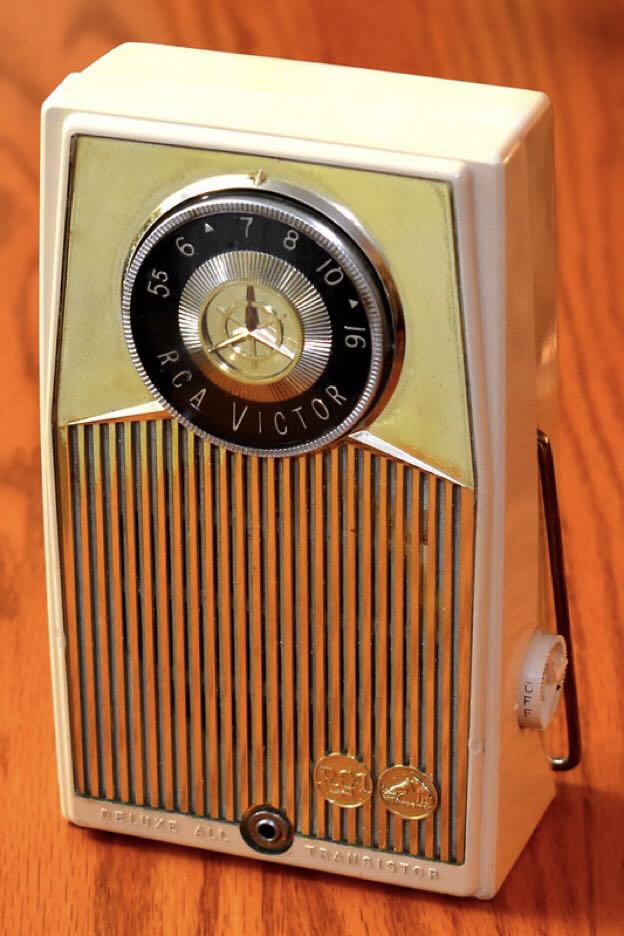
Vintage RCA Transistor Radio, Photo by Joe Haupt – https://www.flickr.com/photos/51764518@N02/49435844673/
HD Radio
While HD Radio seems like a great idea for live baseball, the HD signal suffers from similar issues as streaming a game: latency
I recently picked up an ultra-portable FM HD Radio for a great deal secondhand, only to take it to the ballpark and realize the HD Signal was delayed by nearly 20 seconds. Worse yet – the radio offered no way to turn off the HD signal and revert to analog! The radio was unusable for watching the game as play-by-play in my ear was nearly four pitches behind what I was seeing live.
If you choose a radio with HD Radio features for the ballpark, check the broadcast delay on the HD signal before the game, and ensure you can turn off the HD Radio features if necessary.
Radio Size and Antenna Considerations
Any radio can be portable if you try hard enough, but space is often limited at live sporting events. Stadium seating varies at some ballparks, you can spread out a blanket on a hillside, sit at a picnic table, or even watch the game from a pool (better check that IPX rating!). However, you’ll likely be using your radio while seated in your ticketed seat. Some stadiums offer spacious, modern seating, while older stadiums may have small, cramped seating.
Antennas on radios are another consideration. In cramped stadium seating, you may not have the luxury to fully extend the antenna for the best signal without poking the person in front of you or next to you. You might want to consider a radio without an external antenna, such as one like the Retekess V112, which uses the headphone cable as the antenna. You may also need to stand up and sit down repeatedly to let people through the aisle rows to their own seats, which is where going “antenna-less” can be useful.
While a headphone-wire antenna setup may be a perceived undesirable feature for dedicated radio hobbyists, pocketability and ease of use in a crowd can be beneficial at a crowded game. Many stadiums are moving towards bag restrictions or not allowing bags at all, making the proposition of transporting even a modest-sized portable radio to a game a chore. A pocket-sized radio you can stick on a lanyard, wear into the park, or stick in a pocket may be the difference between being annoyed all game carrying around a radio, or just enjoying it.
On the flip side, if you plan on pairing your radio with a Bluetooth transmitter to use Bluetooth earbuds or headphones, you may want to select a radio with an antenna. The short cable run on many Bluetooth transmitters may not provide adequate reception for units that use connected headphones as the antenna.
Speaker or No Speaker
If you’re not using the radio for tailgating, consider whether you need a speaker on the radio. Many pocket radios omit a speaker to reduce weight and cost. If you need to unplug your headphones during the game, it might be better to avoid a speaker that could blast game audio accidentally and disrupt your neighbors. Ditching the speaker is also likely to save weight and battery life.
Cost Considerations and Final Thoughts
Choosing the right radio for live baseball involves considering factors like frequency options, latency issues, size, portability, and whether you need a speaker.
Everyone’s finances and purchasing abilities differ, but there are many adequate radio options available for under $20 USD that check a lot of these boxes, making it possible to have a dedicated radio for live sports without spending a lot of money. As radio hobbyists, we sometimes want the best for our listening experiences, but taking an expensive radio to a live sporting event can be risky due to cramped quarters, constant movement, and the potential for spills or accidents.
In my opinion, it’s better to enjoy the game with a “lesser radio” than to spend the entire game worry about damaging an expensive radio. After all, cleaning mustard out of your expensive radio’s speaker grill is not fun post-game entertainment. Focus on enjoying the day and the live sporting experience while enhancing it with the wonder of live ballpark radio – no matter what you bring along.

